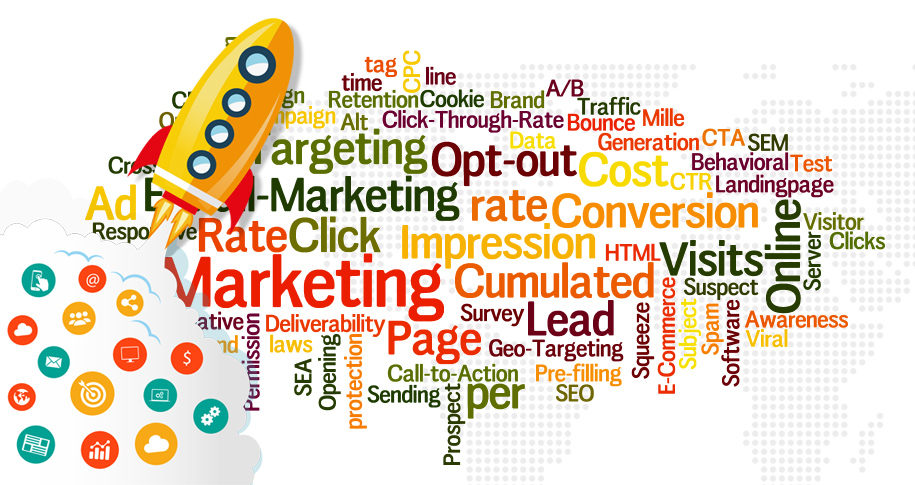What Is a Focus Group?
A focus group is a small, carefully selected group of individuals who are brought together to discuss their perceptions, opinions, beliefs, and attitudes toward a product, service, or concept. Focus groups are commonly used in market research, product development, and advertising to gather qualitative data about customer preferences, reactions, and ideas. A skilled moderator leads the discussion, encouraging participants to share their thoughts and feelings in a structured, open-ended format. The insights gained from focus groups can guide decision-making, shape marketing strategies, and inform product improvements.
Why Is a Focus Group Important?
- Provides In-Depth Insights
Focus groups allow for deep, nuanced insights into consumer behavior. Unlike surveys or quantitative data, focus groups provide the opportunity to ask open-ended questions and explore participants’ emotions, motivations, and reasons behind their opinions. This depth of understanding is valuable for making informed decisions. - Helps Refine Products or Services
By testing products or concepts with a small group of potential customers, companies can gain valuable feedback on design, functionality, pricing, and more. This feedback can help improve the product before a full market launch, reducing the risk of failure. - Assists in Marketing Strategy Development
Focus groups provide essential information on how a target audience perceives a brand, message, or advertising campaign. This feedback can help refine marketing strategies to ensure they resonate with the audience and drive conversions. - Identifies Unmet Needs
Focus groups help identify unmet needs or gaps in the market. By listening to consumers’ experiences and frustrations, businesses can uncover new opportunities for product development or service improvement. - Tests Messaging and Branding
Focus groups are an excellent way to test how different types of messaging or branding resonate with target audiences. Whether it’s testing a new logo, slogan, or advertisement, businesses can gauge the effectiveness of their brand positioning before launching it to the public.
How Focus Groups Work
- Participant Selection
Participants are chosen based on specific criteria such as demographics, behavior, or psychographics that align with the target audience for the product or service being researched. The size of the group typically ranges from 6 to 12 people. - Moderation and Discussion
A trained moderator guides the discussion by asking open-ended questions and encouraging participants to share their thoughts. The moderator must ensure that everyone has an opportunity to speak and that the conversation stays on track. - Data Collection and Analysis
The session is usually recorded (with participants’ consent) for later analysis. Researchers analyze the discussion to identify key themes, trends, and insights. This information is then used to make data-driven decisions. - Reporting Results
After the focus group session, the results are compiled into a report that summarizes the findings. These insights are often presented to decision-makers within the company to guide future strategies.
Challenges of Focus Groups
- Limited Sample Size
Focus groups involve a small number of participants, which may not be representative of the entire target audience. The insights gathered, therefore, may not always apply to the larger population. - Group Dynamics
Group dynamics can influence the outcome of a focus group. Dominant participants may steer the discussion, while quieter participants may not share their opinions as freely. A skilled moderator is crucial to mitigate this. - Bias in Interpretation
Focus group findings are subjective and open to interpretation. Researchers must be careful to avoid bias in their analysis and ensure that conclusions are based on accurate insights rather than personal assumptions.
Conclusion
Focus groups remain a valuable tool for gathering qualitative insights into consumer opinions and behavior. By providing a platform for in-depth discussion and feedback, businesses can refine their products, services, and marketing strategies. While they come with some limitations, when used in conjunction with other research methods, focus groups can help businesses make informed, customer-centric decisions.
